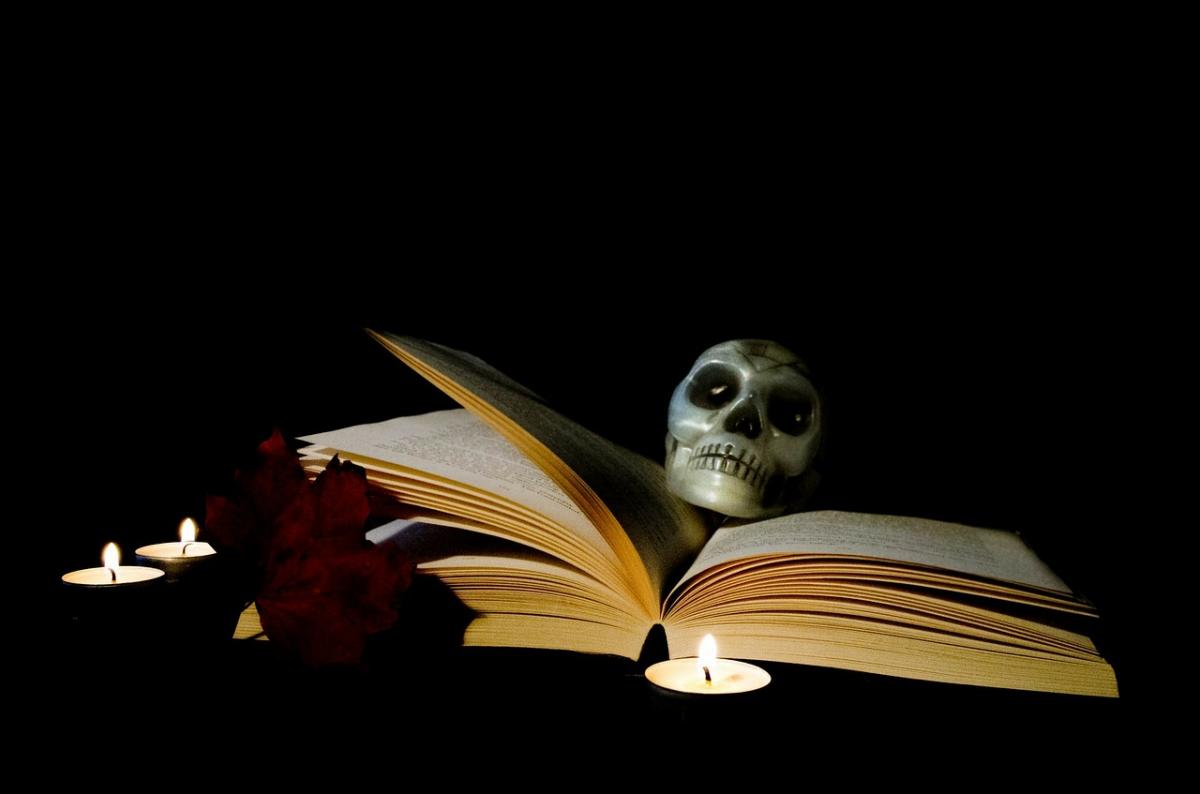 Here are some of the stories that caught NCSE’s eye this week. Feel free to share articles that crossed your screen in the comment section, or e-mail us directly during the week with things that caught your eye. We’ll add the best to our weekly posts.
Here are some of the stories that caught NCSE’s eye this week. Feel free to share articles that crossed your screen in the comment section, or e-mail us directly during the week with things that caught your eye. We’ll add the best to our weekly posts.
- The Hollow Earth is Filled with Giants, Germans, and a Little Sun, Atlas Obscura, October 21, 2015 — The spirit of Captain John Symmes lives on! Eric Grundhauser discusses a modern hollow-earther, and provides a review of the history of the notion en route.
- Religion and Science, Pew Research Center, October 22, 2015 — “Highly religious Americans are less likely than others to see conflict between faith and science” is the headline message. But there’s plenty of interesting material on people’s opinions of the relations between religion and science, evolution, and climate science to ponder in this data-rich report.
- With GMO Policies, Europe Turns Against Science, The New York Times, October 25, 2015 — On August 9, 2005, Scotland banned the cultivation of genetically modified crops. Seventeen European countries have since followed suit. The European Commission, after lobbying from Greenpeace and other environmental groups, no longer has a Chief Scientific Advisor. Perhaps most chilling, African countries are following Europe’s lead, cutting themselves off from crops that could improve food security despite the consensus of the scientific community that genetically-modified crops are safe.
- Hung Like a Howler Monkey, Slate, October 26, 2015 — A new research study informally known as the “calls and balls” paper presents interesting correlations between howler monkey testicles, hyoid bones, and social organization. The correlations support theories related to evolutionary trade-offs in reproductive strategies.
- Report Predicts Temperatures Too Hot for Humans in the Persian Gulf, Washington Post, October 27, 2015 — By the end of this century, many areas in the Persian Gulf may for the first time become too hot and humid for human beings to survive. Climate conditions may make it impossible for healthy adults to spend more than a few hours outside in such cities including Dubai, with Mecca predicted to fall dangerously near the potentially uninhabitable zone.
- Spectre of Destruction: The Lost Manuscript of the Real-Life M, The Guardian, October 28, 2015 — Maxwell Knight, the inspiration for James Bond’s boss, M, left one last secret for history. The spymaster was also an avid naturalist (founding the British Herpetological Societ, and writing important works of natural history after the war). When The Guardian’s Simon King pried open a locked cabinet Knight left behind, he found a manuscript drafted in 1964 warning against environmental destruction and overconsumption. “If human brains can find means of defying space, improving means of communication and bouncing pictures off satellites,” the intelligence-gatherer argued, “surely he can also discover ways in which these things can be done without destruction—for destruction first is the cry of mad revolution and is the reverse of evolution.”
- When Should You Introduce A Child To Evolution?, National Public Radio, October 29, 2015 — Our very own Stephanie Keep inspired anthropology professor Barbara King to write for NPR about Jonathan Tweet’s Grandmother Fish, a book on evolution for pre-school children. In the blog, King answers the question: are pre-schoolers too young to learn about evolution? The answer of course, is a resounding no. King tells us that “Grandmother Fish is a fun way to start children down a path of scientific literacy and, what’s more, can help instill in them a vital sense of connection with the living world.”

